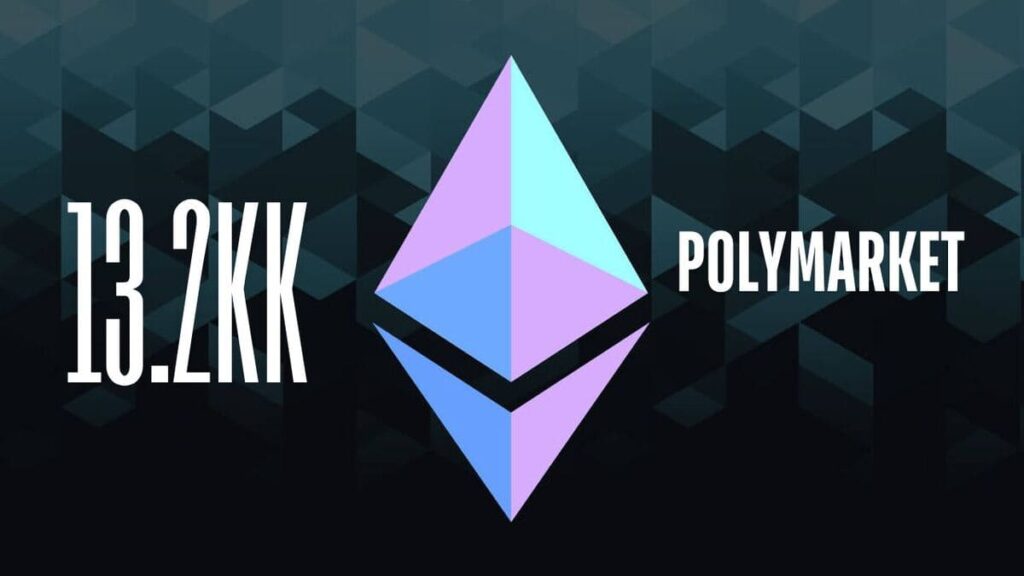TL;DR
- Polymarket faces harsh criticism over the outcome of a controversial bet on the approval of Ethereum ETFs in the United States.
- The bet closed with a “Yes” after SEC approval of 19b-4 filings, but some users allege incomplete approval without Form S-1.
- Industry experts debate the different parameters to consider for the “approval”.
The decentralized betting platform Polymarket is in the spotlight due to the outcome of a major bet on the approval of Ethereum ETFs in the United States by May 31. This bet, which attracted over $13.2 million in total, has left some users very dissatisfied with the outcome.
The betting market closed with a “Yes” result on May 23, after the U.S. Securities and Exchange Commission (SEC) greenlit the 19b-4 filings for several Ether ETFs. However, those who voted against argue that full approval has not yet occurred, as the Form S-1 filing is still pending.
Detractors of the decision argue that, according to SEC requirements, an ETF needs both the 19b-4 filing and the Form S-1 to commence operations on an exchange. Therefore, they maintain that the bet should not have been settled as “Yes” until both documents were approved. Assuming they have been scammed by the platform.
On the other hand, supporters of Polymarket’s decision point out that the bet focused on the “approval” of the ETFs, not on whether they would start operating by May 31. They argue that since the SEC approved the 19b-4 filings, this constitutes sufficient approval, and the Form S-1 will likely follow suit soon.
Polymarket Has Opted for Silence
The situation has sparked intense debate within the community, with key industry figures expressing various opinions. For example, some cite VanEck’s head of digital assets research, Matthew Sigel, who stated that ETFs are not considered “approved” until both the 19b-4 filing and the Form S-1 have been signed by the SEC. On the other hand, Matt Hougan, Chief Investment Officer of Bitwise, has described ETFs as a “nuclear key scenario”, where the issuer must obtain approval from both the 19b-4 and the Form S-1.
Amid these disputes, the company behind Polymarket, Risk Labs, has chosen to remain silent thus far, not responding to requests for comments on the situation.
Shrouded in uncertainty over the final outcome of this bet, users continue to await clarity on whether Polymarket’s decision will stand or be reviewed. Meanwhile, the community remains divided on what criteria must be met to consider an ETF truly “approved”.











